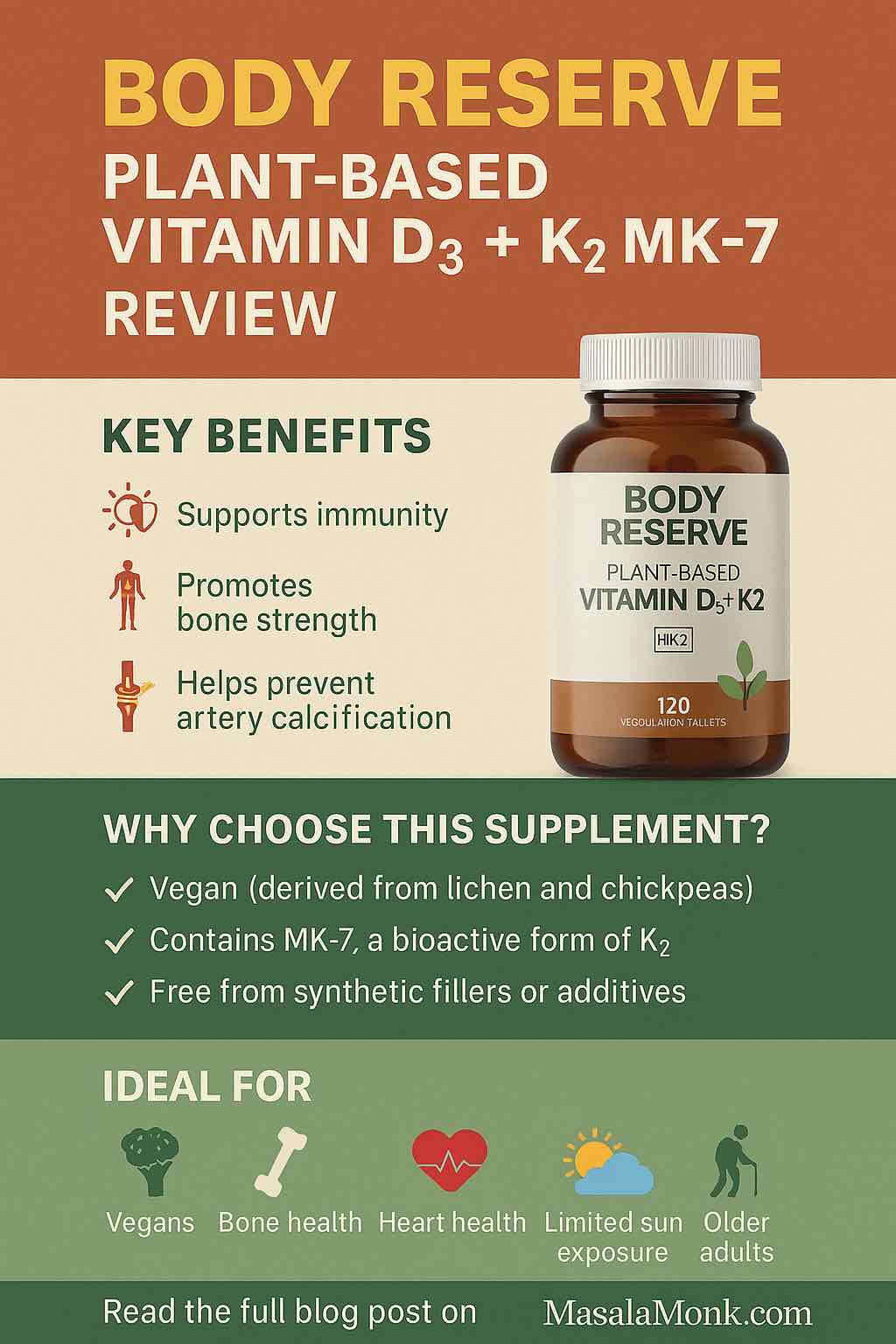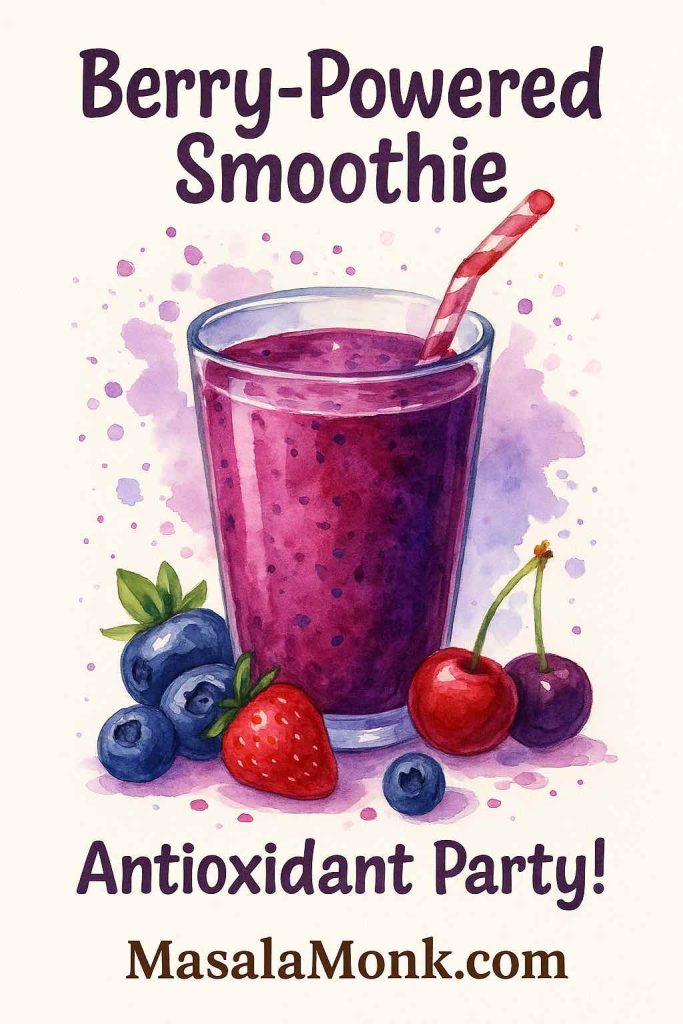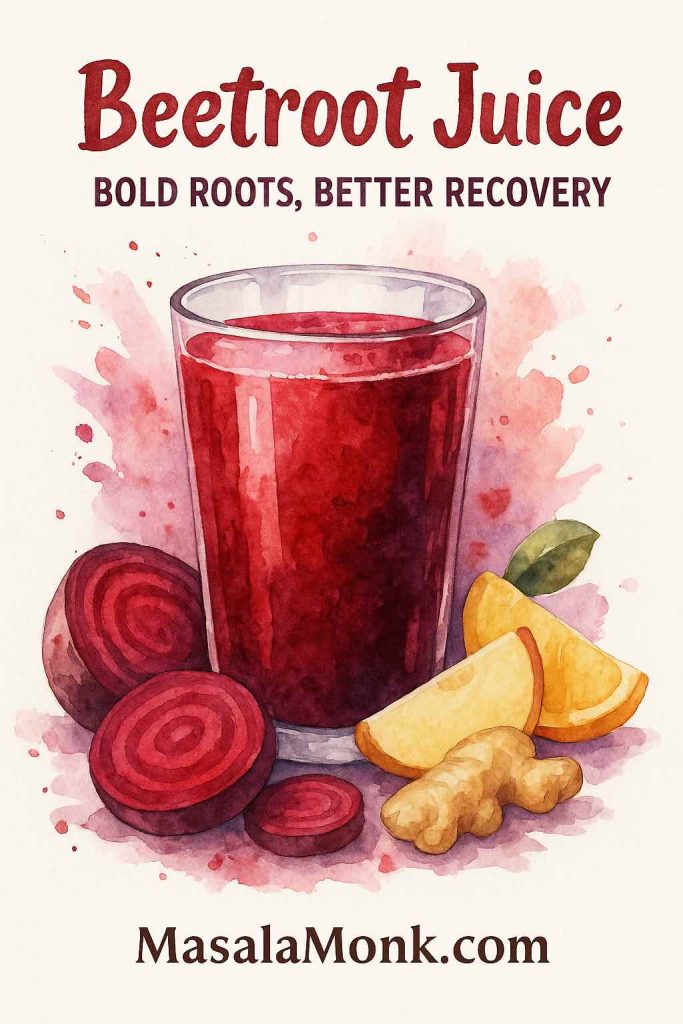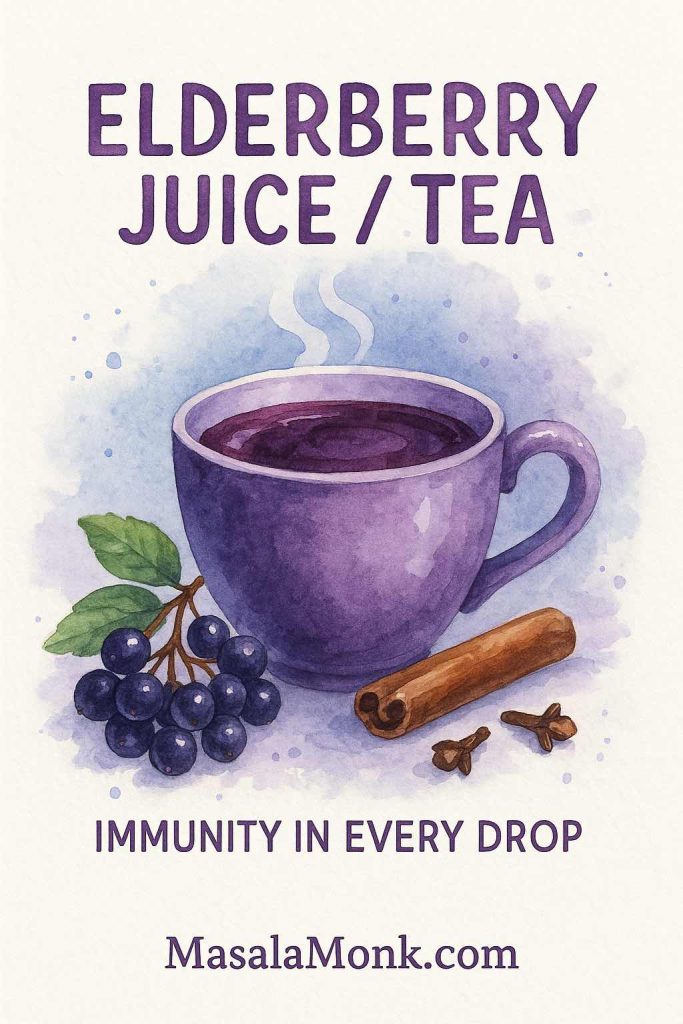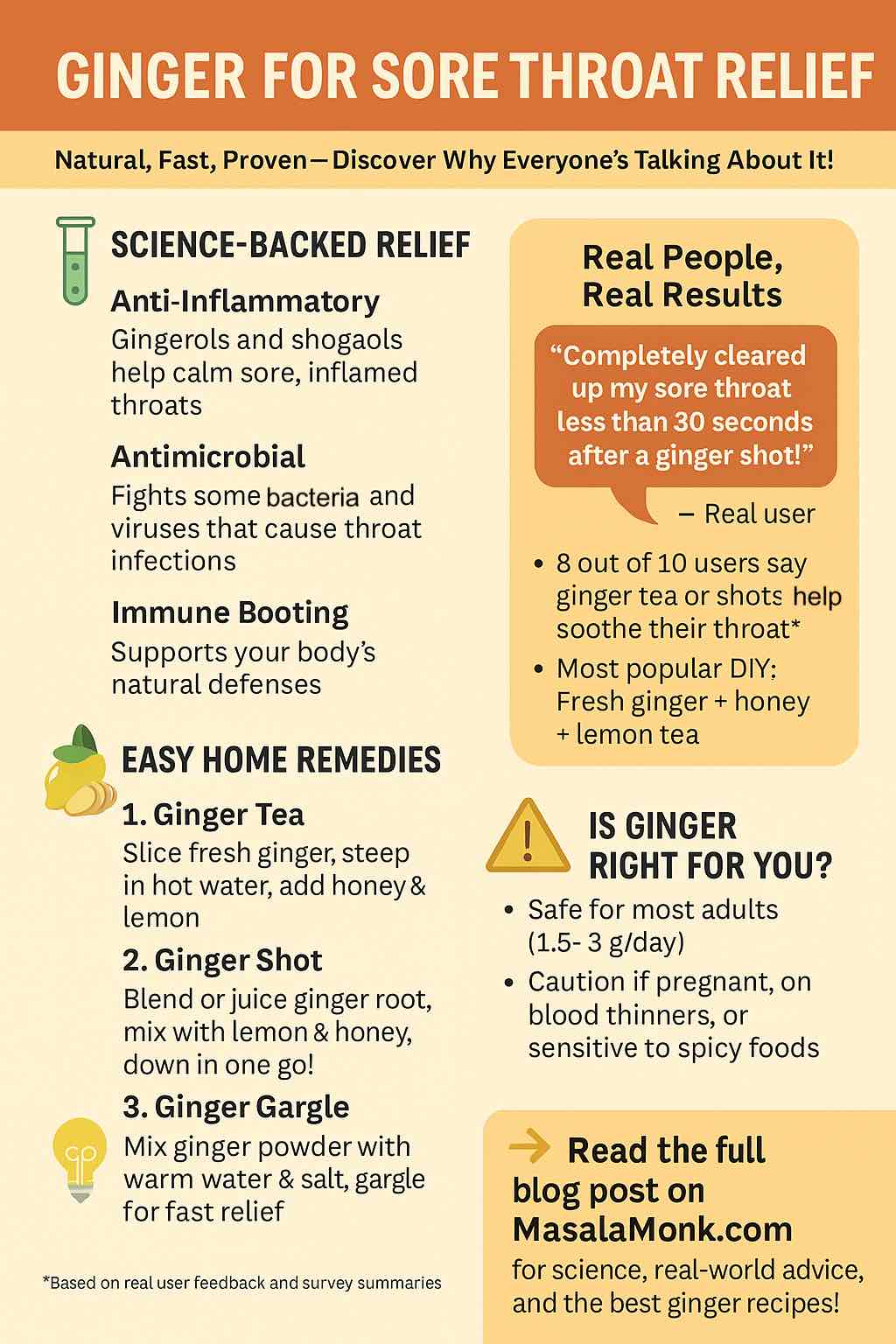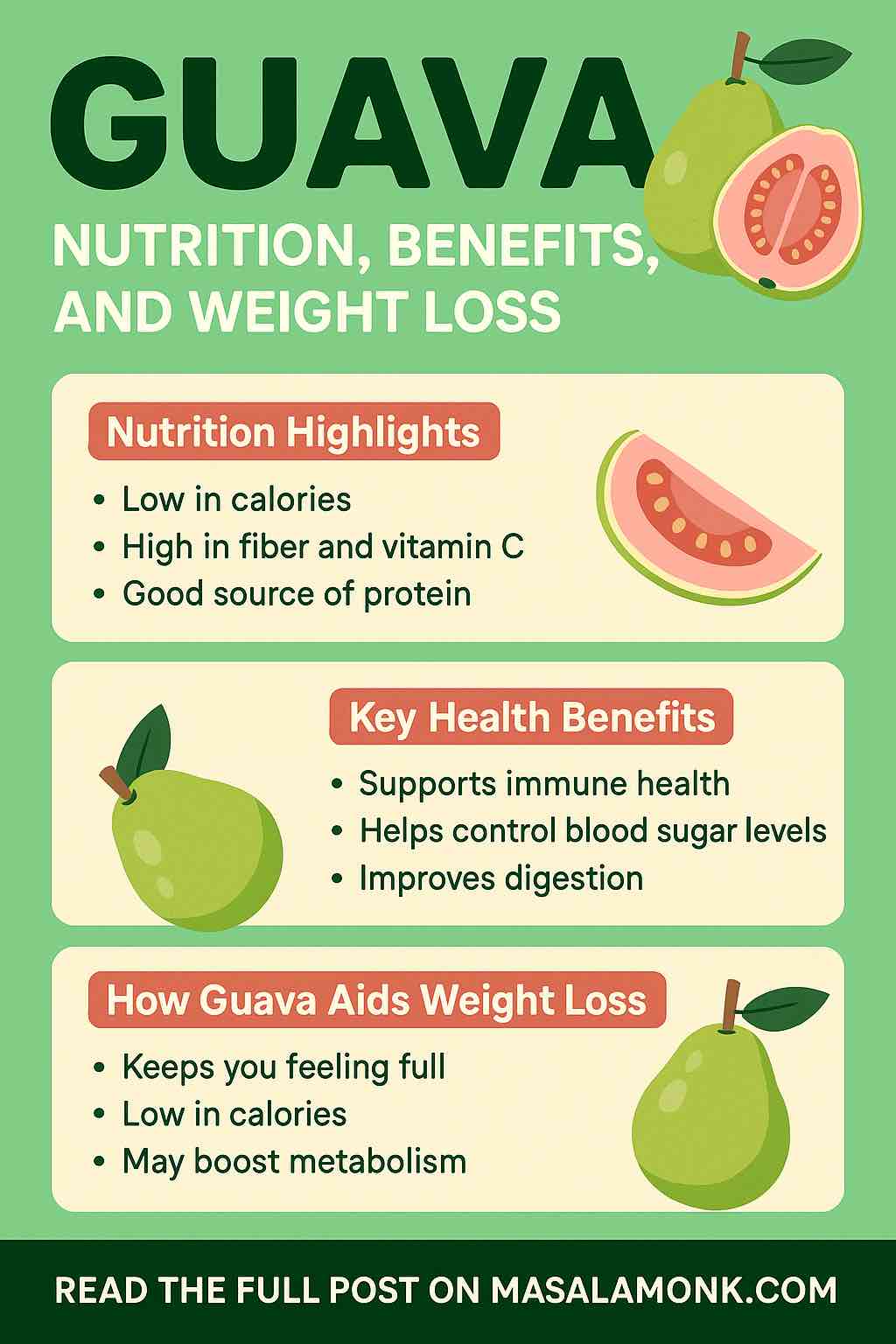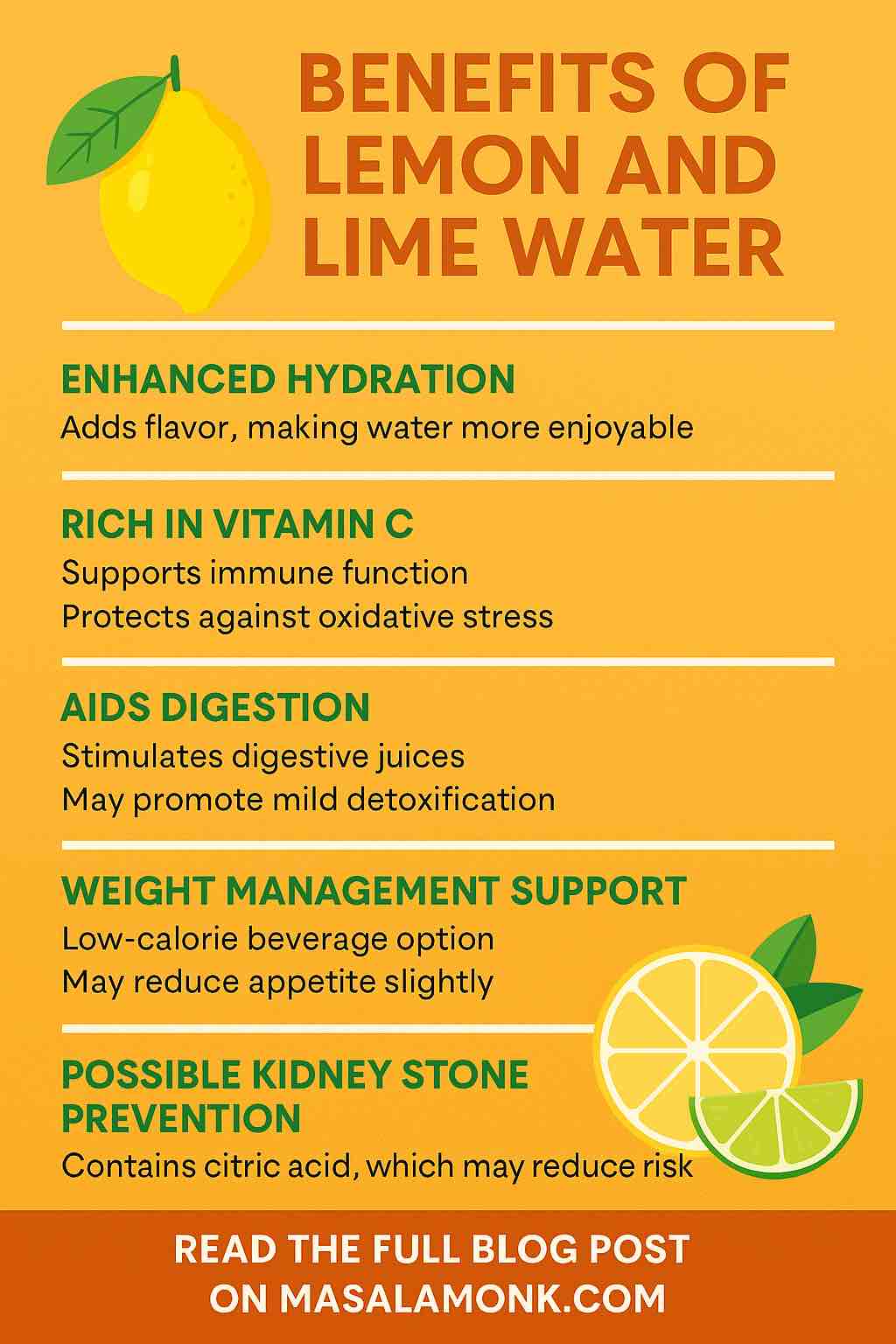
Lemon Water vs Lime Water — More Than Just a Trend
Lemon vs lime water is a common wellness debate. Both drinks look refreshing, taste crisp, and are packed with nutrients, but which one actually gives you more health benefits? From boosting hydration and digestion to supporting skin health and preventing kidney stones, lemon and lime water each bring unique advantages to the table. By comparing them side by side, you’ll discover not only their similarities but also their subtle differences—and which one might be the better choice for your daily routine.
🍋🍈 Lemon and Lime: What They Are, and How They Compare
Before comparing lemon vs lime water benefits, it helps to understand the fruits themselves.
- Lemons (Citrus limon): Bright yellow, slightly larger, and mildly tangy with a hint of sweetness. Commonly used in cooking, detox drinks, and as a natural preservative.
- Limes (Citrus aurantiifolia or Citrus latifolia): Small, green, and more tart or bitter in flavor. Often used in cocktails, chutneys, and cooling beverages.
✅ Similarities:
- Both belong to the citrus family.
- Rich in vitamin C, antioxidants, and citric acid.
- Low in calories and hydrating.
- Support digestion, immunity, and skin health.
⚖️ Differences:
- Taste: Lemons are less acidic, slightly sweeter; limes are more tart and sharp.
- Nutrients: Lemons tend to have a bit more vitamin C; limes have more unique flavonoids.
- Uses: Lemons are more common in Indian home remedies and morning detox drinks, while limes are more often used in tropical drinks and savory dishes.
👉 In short, lemon and lime are nutritional cousins—different in flavor, slightly different in composition, but both excellent for hydration and overall wellness.
Hydration Benefits: Lemon vs Lime Water for Daily Wellness
Most people struggle to drink enough plain water, mainly because it feels boring. Adding lemon or lime instantly transforms hydration into something flavorful and refreshing. Studies show that flavoring water increases voluntary intake, meaning you’re more likely to drink enough throughout the day when you add citrus.
- Lemon water: Slightly sweeter and tangier, which may encourage higher water intake for those who dislike bitterness.
- Lime water: More tart and refreshing, often preferred in hot weather as a thirst quencher.
In both cases, you’re getting zero-calorie hydration that supports energy, focus, and overall wellness.
Vitamin C and Antioxidants: Which Citrus Wins?
One of the most talked-about benefits of lemon vs lime water is vitamin C. Both fruits are rich in this essential antioxidant, which strengthens your immune system, supports collagen production, and helps protect skin from environmental stress.
- Lemon water: Contains slightly higher vitamin C on average, making it a bit more effective for daily immune support.
- Lime water: Provides similar antioxidant power but with a sharper flavor that some people find more refreshing.
Beyond vitamin C, both lemons and limes contain flavonoids and polyphenols, compounds that reduce oxidative stress, fight inflammation, and may lower the risk of chronic diseases.
Digestive Support: Lemon vs Lime Water for Gut Health
Citrus-infused water has long been used as a gentle digestive aid, especially when consumed in the morning. The natural acids in both lemon and lime water stimulate saliva and gastric juices, priming the digestive system to process food more efficiently.
- Lemon water: Traditionally favored for morning routines, as warm lemon water can ease bloating and help “wake up” the gut.
- Lime water: Works just as well, with some people preferring its tangy profile before meals to reduce heaviness and discomfort.
In short, both versions can act as a natural, mild digestive reset.
Also Read: Optimize Digestion with These 5 Fruit Juice Recipes
Blood Sugar and Metabolism: Lemon vs Lime Water in Glucose Control
Here’s where lemon vs lime water gets especially interesting. Research shows that the acidity of citrus juices can help slow the breakdown of starches and sugars during digestion, leading to smaller blood sugar spikes after meals. This makes both lemon and lime water excellent companions for people watching their glucose levels.
- Lemon water: May slightly improve post-meal insulin sensitivity, according to emerging studies.
- Lime water: Offers similar benefits due to its comparable acidity and citric acid content (likely but less studied).
Although neither drink replaces medical treatment for blood sugar management, they can be a helpful addition to a balanced diet.
Also Read: How to Avoid Blood Sugar Spikes Without Reducing Carb Intake
Kidney Stone Prevention: The Citrate Effect
One of the most clinically proven benefits of lemon vs lime water is kidney stone prevention. Citrus fruits are rich in citrate, a compound that binds with calcium and prevents the formation of crystals in the urinary tract.
- Lemon water: Shown in clinical trials to raise urinary citrate levels and reduce kidney stone recurrence.
- Lime water: Provides citrate as well, though some evidence suggests lemon may have a slight edge in potency.
If you have a history of kidney stones, incorporating either lemon or lime water into your hydration routine can be a practical preventive measure.
Do Read: Apple Cider Vinegar (ACV) and Kidney Stones
Weight Management: Subtle but Supportive
When comparing lemon vs lime water for weight management, both can play a role in supporting healthy habits, though indirectly. Neither drink burns fat directly, but they may help reduce calorie intake.
- Appetite control: Drinking citrus water before meals can promote satiety.
- Replacing sugary drinks: Swapping soda or juice for lemon or lime water drastically cuts sugar and calories.
- Polyphenols: Some animal studies suggest citrus compounds may influence fat metabolism, though human evidence is still developing.
Ultimately, both options are smart substitutes that support sustainable weight management.
Do Read: 6 ways to use Lemon to Reduce Belly Fat
Heart Health: Lemon vs Lime Water for Circulation and Pressure
Both lemons and limes contain small amounts of potassium, magnesium, and plant flavonoids. These nutrients support vascular health, reduce oxidative stress, and may help regulate blood pressure.
- Lemon water: May be slightly more effective due to higher vitamin C levels, which are linked with lower cardiovascular risk.
- Lime water: Provides similar heart-friendly compounds but in a more tart package.
While evidence is promising, more human studies are needed to directly connect citrus water with measurable blood pressure improvements.
Do Read: How to Lower Blood Pressure (BP) at Home? Remedies that Work
Skin Health and Aging: Antioxidant Boost from Both
When it comes to skin, lemon vs lime water are nearly equal. Both deliver vitamin C and antioxidants that help reduce wrinkles, protect against sun damage, and support collagen production.
- Lemon water: Often marketed as a “glow drink” because of its slightly higher vitamin C content.
- Lime water: Equally valuable, with antioxidants that combat free radicals and support skin elasticity.
Consistent hydration with either option keeps skin looking healthier and more youthful.
Do Read: Lemon: The Citrus Star for Your Skin – Benefits, Myths, and 5 Energizing Recipes for a Clear Complexion
The Final Verdict: Lemon vs Lime Water
So, which one is better—lemon or lime water? The truth is, both are excellent choices.
- Choose lemon water if you want a slightly sweeter, vitamin C–rich option that has been more widely studied for kidney stone prevention and immune support.
- Choose lime water if you prefer a more tart, refreshing taste and want similar digestive, hydration, and antioxidant benefits.
At the end of the day, the best choice is whichever you’ll drink more consistently. Whether you pick lemon, lime, or a mix of both, adding citrus water to your daily routine is an easy, affordable way to enhance hydration, support digestion, and nourish your body.
📚 References
- Ferraro, P.M., Curhan, G.C., Gambaro, G. (2021). Effect of lemon juice supplementation in calcium oxalate stone formers: A randomized clinical trial. BMC Urology. Read here
- Kang, D.E., Sur, R.L., Haleblian, G.E., Fitzsimons, N.J., Borawski, K.M., Preminger, G.M. (2007). Long-term lemonade based dietary manipulation in patients with hypocitraturic nephrolithiasis. Journal of Urology. Read here
- Caudarella, R., Vescini, F., Buffa, A., Stefoni, S. (2021). Role of Citrate and Alkali in the Prevention of Kidney Stones. Nutrients 13(11):4117. Read here
- Östman, E., Liljeberg Elmståhl, H., Björck, I. (2020). Lemon juice reduces postprandial glycemia: A randomized crossover trial in healthy adults. Nutrients. PubMed
- Liljeberg Elmståhl, H., Östman, E., Björck, I. (2022). Effect of lemon juice on gastric emptying and glycemic response to bread: An MRI study. European Journal of Nutrition. PubMed
- Park, S., Lee, S.Y., Lee, K.S. (2014). The effect of flavoring water on voluntary fluid intake. Investigative and Clinical Urology. Read PDF
- Health.com (2023). Lemon Nutrition Facts and Health Benefits. Read here
❓ Frequently Asked Questions
1. What are the benefits of lemon and lime water?
Lemon and lime water both support hydration, boost vitamin C intake, improve digestion, and provide antioxidants. They may also help with skin health, blood sugar control, and kidney stone prevention.
2. Is lime water as good as lemon water?
Yes, lime water offers nearly the same benefits as lemon water. While lemons contain slightly more vitamin C and have stronger evidence for kidney stone prevention, limes provide a sharper flavor and unique flavonoids.
3. What are the differences between lemon water and lime water?
Lemon water is mildly tangy and a bit sweeter, with more vitamin C. Lime water is sharper and more tart, with different antioxidant compounds. Both are hydrating and nutrient-rich, but taste preference often decides which one people drink more.
4. Is lemon and lime water good for you every day?
Yes, daily consumption is safe for most people and helps improve hydration, digestion, and immunity. Just avoid overconsumption, as the acidity can erode tooth enamel—drinking with a straw or rinsing afterward is recommended.
5. Does drinking lemon or lime water help with weight loss?
Neither directly burns fat, but both support weight management by replacing sugary drinks, reducing calorie intake, and helping control appetite when consumed before meals.
6. Can lemon or lime water help prevent kidney stones?
Yes. Both contain citrate, which prevents calcium crystals from forming. Research shows lemon water has stronger clinical evidence, but lime water also contributes protective benefits.
7. Does lemon or lime water improve skin health?
Yes, both provide vitamin C and antioxidants that support collagen production, protect against sun damage, and reduce oxidative stress. Consistent hydration further enhances skin elasticity and glow.
8. Which is better for blood sugar: lemon water or lime water?
Both help regulate blood sugar by slowing carbohydrate breakdown, which reduces post-meal spikes. Lemon water may have slightly more research support, but lime water works similarly thanks to its citric acid.
9. Can I drink lemon and lime water together?
Absolutely. Combining lemon and lime enhances the flavor, provides a wider mix of antioxidants, and encourages higher water intake—making hydration more enjoyable and consistent.
10. What are the advantages of drinking water with lime specifically?
Lime water is refreshing, especially in hot weather, and supports hydration, digestion, and immunity. It is also a good source of vitamin C and plant flavonoids, which fight oxidative stress and inflammation.

